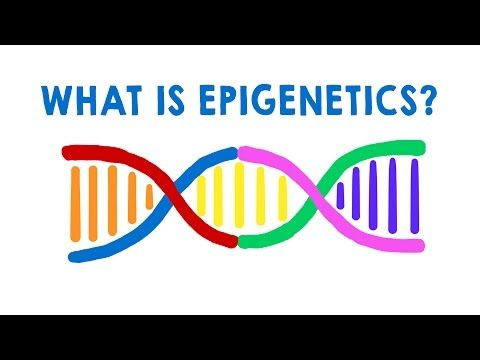Nature vs. Nurture: Genetically Identical Twins May Differ In Traits Due To Epigenetic Changes From Diet, Social Environment

Our tolerance for alcohol, musical talent (or lack thereof), or our personality traits can come from our genes or our upbringing. These two distinct views — nature or nurture — offer opposing explanations on how social behaviors develop and stay with us and our future generations. However, it’s not only our life experiences that influence our genes directly, it's also what our ancestors did centuries before we were conceived.
In Ted-ED's video, "How the choices you make can affect your genes,” host Carlos Guerrero-Bosagna suggests epigenetics can explain why people with the same DNA (i.e., genetically identical twins) can turn out so differently, even in relation to traits that have a significant genetic component. Epigenetics refers to how our DNA interacts with a multitude of smaller molecules found within cells, which can either activate or deactivate genes. These molecules aren't making any conscious choices themselves, rather their presence and concentration within cells makes the difference.
Genes in our DNA are expressed when they're read and transcribed into RNA, which is translated into proteins by structures called ribosomes. Proteins are the majority of what determines a cell's characteristics and function. Now, epigenetic changes can boost or interfere with the transcription of certain genes.
The most common interference that happens is that DNA, or the proteins wrapped around it, get labeled with small chemical tags. The set of all of the chemical tags that are attached to the genome of a given cell is called the epigenome. Some of these, like a methyl group, inhibit gene expression by altering the cellular transcription machinery, or causing the DNA to coil more tightly, making it inaccessible — the gene is still there, but it's silent.
Meanwhile in boosting, transcription is essentially the opposite, where some chemical tags will unwind the DNA, making it easier to transcribe, ramping up production of the associated protein.
These changes can survive cell division, which means they could affect an organism for its entire life — good or bad.
Epigenetic changes are part of normal development. The cells in an embryo start with one master genome. As the cells divide, some genes are activated and others inhibited. Over time, through this epigenetic reprogramming, some cells develop into heart cells and others into liver cells
Diet, chemical exposure, and medication influence whether these chemical tags turn genes on or off. The remaining epigenetic changes can eventually lead to disease, if, for example, they turn off a gene that makes a tumor-suppressing protein. Environmentally induced epigenetic changes are part of the reason why genetically identical twins can grow up to have very different lives.
Social experiences can cause epigenetic changes. In an experiment, when mother rats weren't attentive to their pups, genes in the babies that helped them manage stress were methylated and turned off. Moreover, it might not stop with that generation.
Previously it was believed most epigenetic marks are erased when egg and sperm cells are formed. Now, researchers think that some of those imprints survive, passing those epigenetic traits on to the next generation. This means our mother's or our father's experiences as a child, or choices as adults, could actually shape our own epigenome — although they’re not necessarily permanent.
A balanced lifestyle that includes a healthy diet, exercise, and avoiding exposure to contaminants may in the long run create a healthy epigenome.
Scientists are just beginning to understand how epigenetics could explain mechanisms of human development and aging, as well as the origins of cancer, heart disease, mental illness, and addiction.
Once we understand how our epigenome influences us, we can learn how to influence it.



























